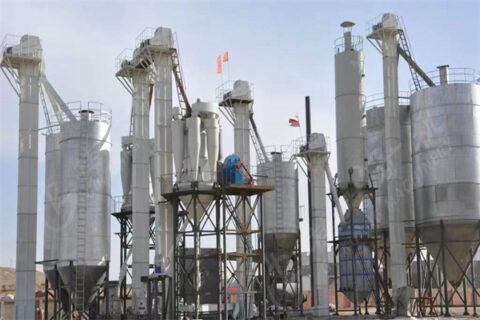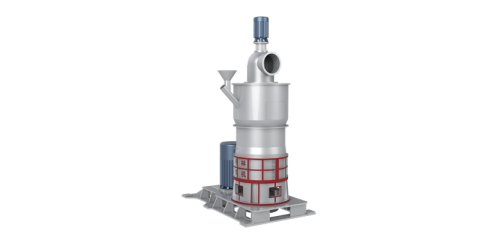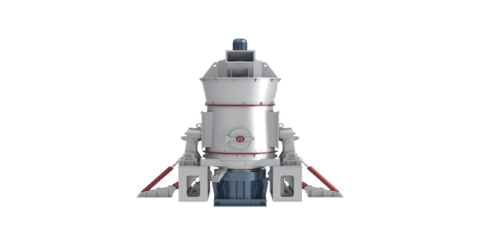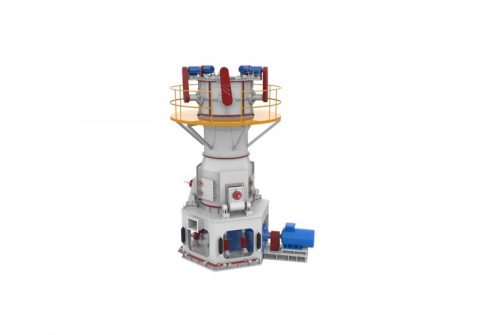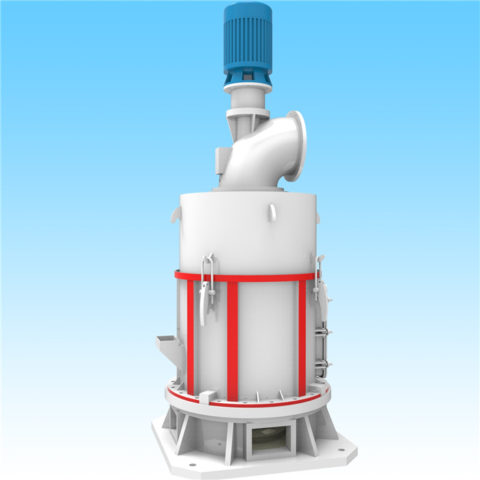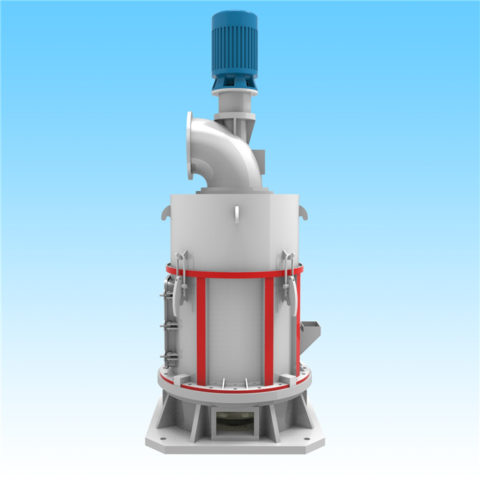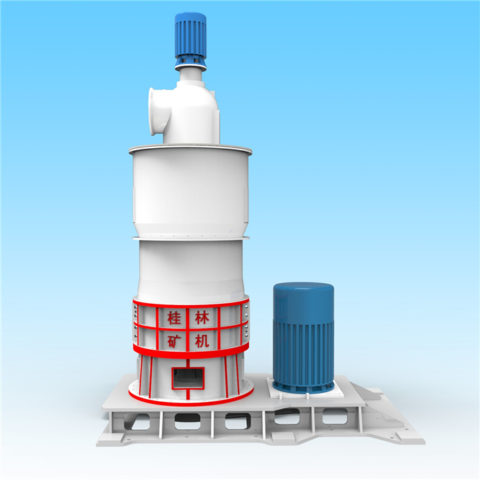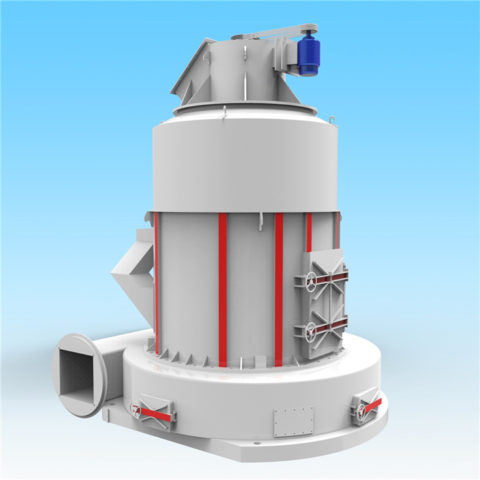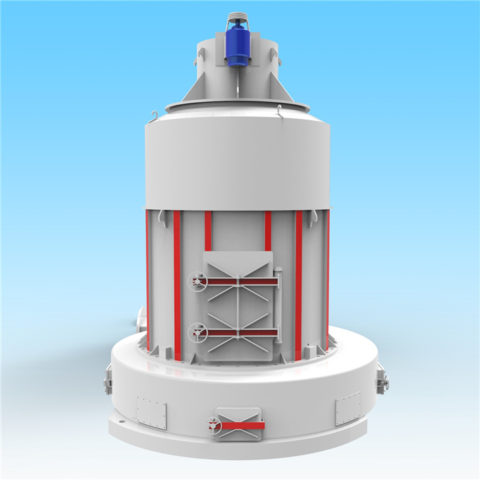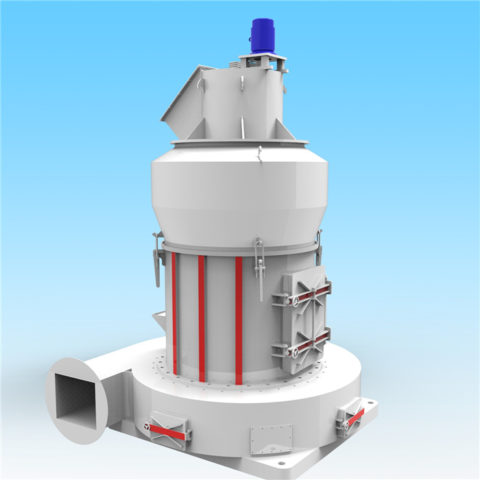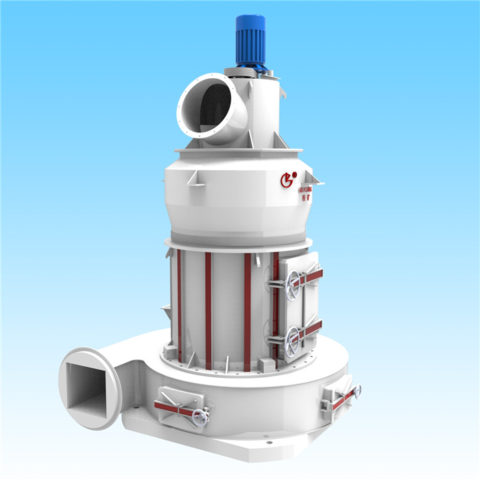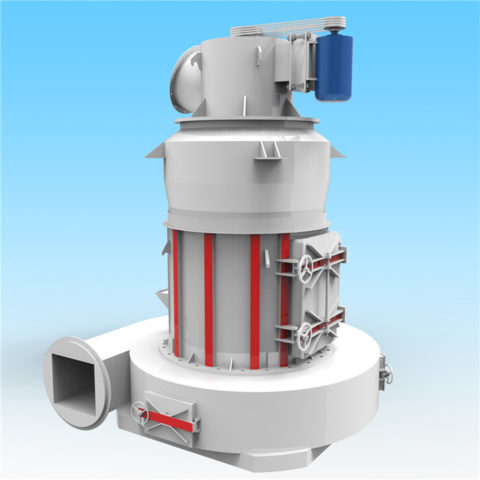Calcium carbonate is an inorganic compound, the main components are limestone and calcite. Calcium carbonate can be divided into two categories: heavy calcium carbonate and light calcium carbonate. Due to the nature of the particle size, crystal form, the interface is difference, its characteristics vary widely, so that the activity of calcium carbonate extends to different varieties for different purposes like paper, plastics, calcium carbonate, nano-carbonated calcium, carbonate edible, medicinal, chemical, calcium carbonate coating etc.
Firstly, the calcite, limestone, chalk, and shells etc should be crushed by the primary crushers in the quarry, then the grinding mill should crush the calcium carbonate limestone into fine powder, the grader in the grinding mill will grade the fine power, the qualified powder comply with the granularity requirements will be packaged and storaged, otherwise the unqualified calcium carbonate will be returned for re-grinding.
Applications
The Calcium carbonate powder processed by grinding mill are widely used in the following industries:
1. Below 200 mesh: available for various feed additives; calcium amounted to 55.6 above;
2. 250 mesh to 300 mesh: used for plastic factory, rubber factory, paint factory, waterproof material, interior and exterior painting; Whiteness above 85 degrees;
3. 350 mesh to 400 mesh: used in the pinch manufacturing, the water pipes, chemical. Whiteness above 93 degrees;
4. 400 mesh to 600 mesh: can be used in toothpaste, soap. Whiteness above 94 degrees;
5. 800 mesh: used in rubber, plastics, cables, PVC, whiteness of more than 94 degrees;
6.1250 Mesh: PVC, paint, paint grade products, paper primer, paper coating, whiteness above 95 degrees. With high purity, high whiteness, non-toxic, odorless, low oily fine, low hardness;
7 calcium carbonate can be used as Calcium supplements: absorption rate reaches to 39%, second only to fruit acid soluble calcium, has become the most dosage forms, the most widely used calcium supplements.

